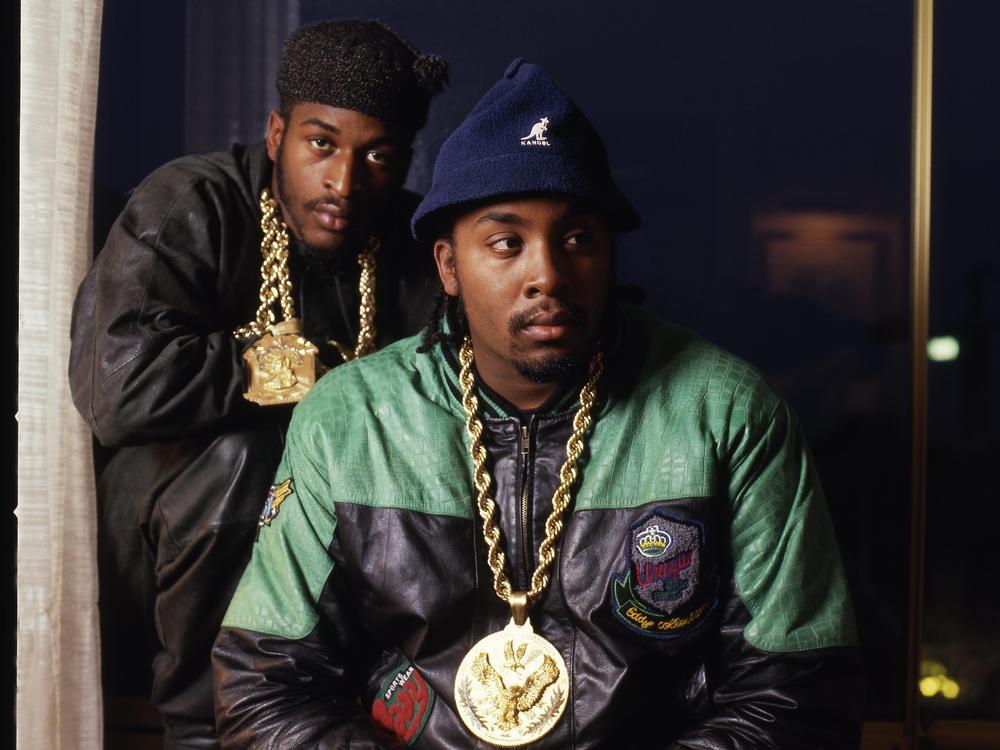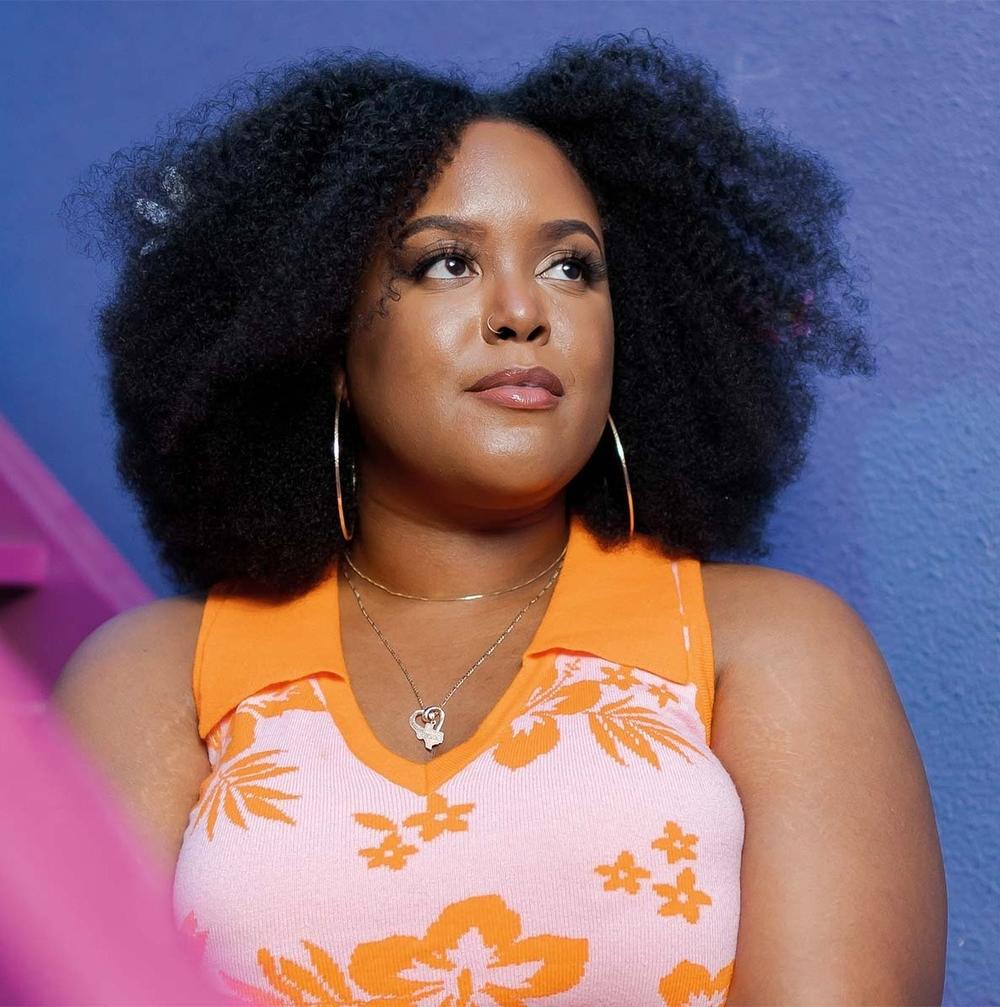Section Branding
Header Content
Eric B. & Rakim change the flow of rap with 'Paid in Full'
Primary Content
When hip-hop got its start 50 years ago, it was a DJ cutting between two record albums and an MC rhyming over the beats. The the rhymes had predictable patterns; they almost always fell at the ends of the lines.
But in 1987, there was a seismic shift in the complexity of rap activated by Eric B. & Rakim and their album Paid in Full. They introduced internal rhyme schemes that pushed rap into new directions and challenged every MC that followed.
"I wish I could rap like him," says culture critic and music journalist Kiana Fitzgerald.
She says early hip-hop artists like Kurtis Blows or Grandmaster Flash and the Furious Five were more focused on preserving the sound of hip-hop as it was in the beginning.
But not Rakim.
"He said, you know what, I'm going take these complex concepts and ideas and I'm going to place them in unconventional places for hip-hop," Fitzgerald says.
In one of his early songs, "My Melody," Rakim places the rhyme in the center of the bar instead of at the end, which Fitzgerald says flipped the traditional customs of hip-hop rhythm and lyrics at the time.
"A repetition of words, just check out my melody/
Some bass and treble is moist, scratching and cutting a voice/
And when it's mine that's when the rhyme is always choice."
"I was shooting for something different," Rakim told NPR in 2009. "You know, like, some of my influence was John Coltrane. I played the sax as well. So, listening to him play in the different rhythms that he had, I was trying to write my rhymes as if I was a saxophone player."
A lot of MC's have been inspired by Rakim's rhymes and rhytms from Eminem to Lil Wayne to Houston artists like Bun B and Z-Ro, says Fitzgerald.
"They've all interpolated or sampled direct lines from Paid in Full," she says. "And that really goes to show that, you know, Rakim ain't no joke!"
Copyright 2023 NPR. To see more, visit https://www.npr.org.


